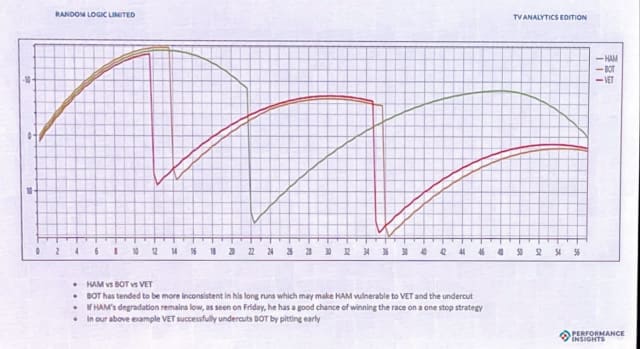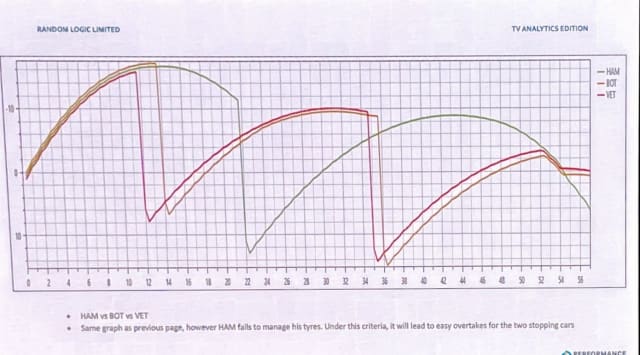The city gets ready to host the inaugural Las Vegas Grand Prix.

I’m in Las Vegas for Trimble’s now-annual conference, Trimble Dimension, but at this year’s conference, they are talking about Formula 1. What’s the connection? The speaker on stage is with a Formula 1 racing team. And Las Vegas will be hosting a Formula 1 race next week, the Las Vegas Grand Prix.
The cars will be racing through the streets of Las Vegas, including the Strip, if you can imagine that.
Keeping the manhole covers in place will be just one of the problems race planners will have to overcome. Apparently, the ground effects of F1 cars create such a vacuum under the vehicle that the manhole covers are lifted up in the air—right into the path of the car following.
“Quite an effective way to deal with the competition,” joked Mark Gallagher, a professional speaker with considerable experience with Formula 1.
Gallagher tells of floating the idea of a Formula 1 race to a Las Vegas cab driver 18 months ago.
“So, you’re in town for vacation or…?” asked the cabbie.
“No, I’m here for business. We’re planning to have a Formula 1 race in Las Vegas,” Gallagher replied.
“That will be at the Speedway, then?”
“No, we’re going to have it downtown on the Strip on Saturday night.”
“What kind of speeds will you guys be doing?”
“About 220 miles an hour.”
“I don’t know how you could do that,” said the cabbie. “Our traffic is horrendous.”
The driver in the lead, with any luck, could be a young man barely old enough to have a driver’s license. Max Verstappen, the celebrated driver for Red Bull Racing, started Formula 1 driving at 17. He has honed his skills in video games and sees Formula 1 as merely a real-life version of the Sony PlayStation game.
Both the games and racing are about controlling data, says Gallagher. Today’s F1 car generates a terabyte of data, says Gallagher. The winningest team over the last 15 years, Red Bull Racing, has a race director who controls the race from screens at Red Bull Racing’s headquarters in the UK.
Red Bull’s driver gets a million dollars per win in addition to a salary of millions of dollars. Red Bull has already clinched the 2023 season, which is commemorated with the Constructors Cup.
The speaker tells a story about Lewis Hamilton, the winningest F1 racer ever with over 100 F1 race victories. Hamilton was told to do laps at a prescribed time per lap, a time that would keep the vehicle’s tires in good condition for half the race, and therefore, require only a single pit stop. The data showed that one pit stop would let Hamilton win the race as the other two leading competitors would require two pit stops.

But keeping to a set time bothered Hamilton. He thought he could go faster.
What if I were just to go as fast as I could for the whole race? he asked.

We’ve modeled that, too,” said his team. “You’ll wear out your tires with 6 or 7 laps to go and you will come in 3rd.”



